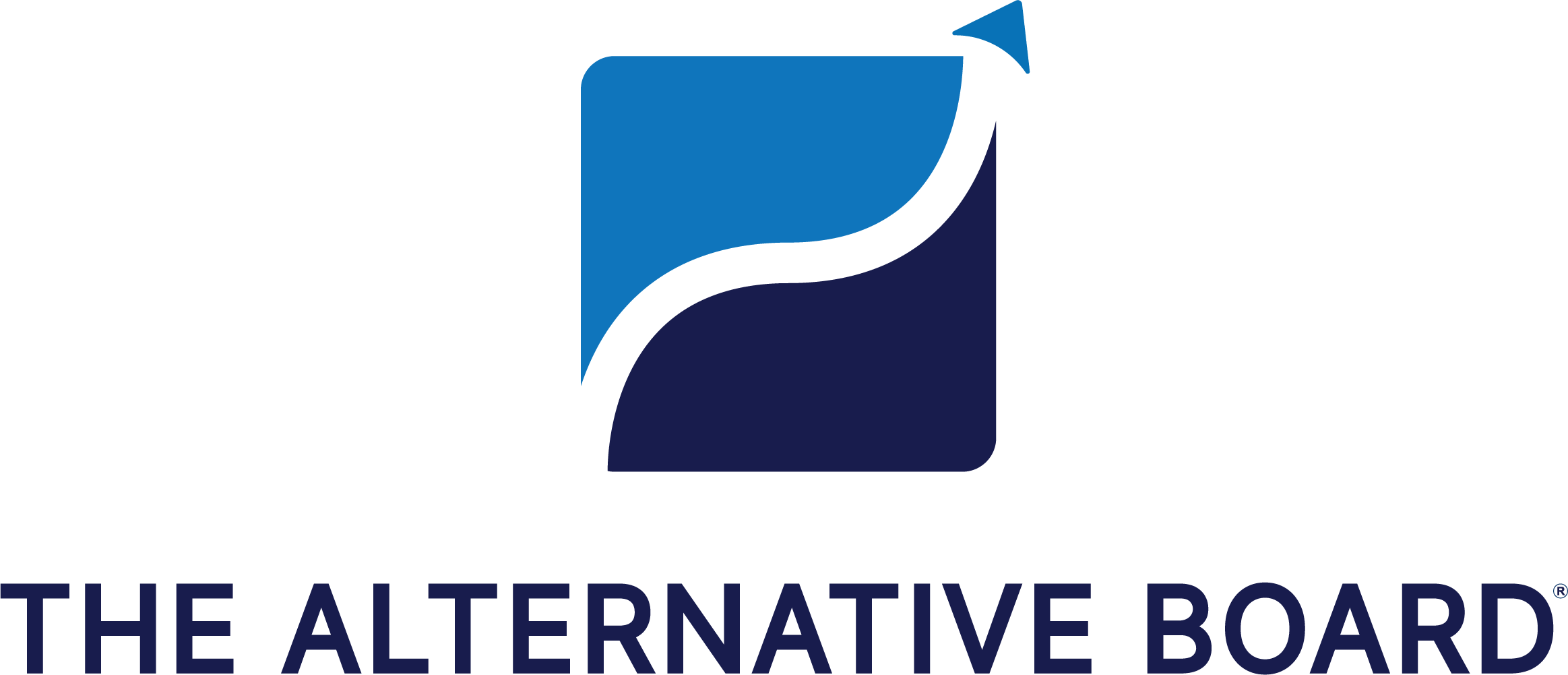It’s a well-known fact of business life, but one that still takes some entrepreneurs and business leaders by surprise. At various stages of a company’s growth (but especially in the earliest stages), business expenses are likely to outrun product revenue. If left unchecked, this trend can lead to serious cash flow problems that threaten to disrupt—or at the very least, slow down—the next phase of growth.
Just as the term suggests, “cash flow” refers to the stream of money coming in and out of a company as a result of sales, investments, financial activities and related operations. Profit is what a business accrues from sales revenue after all expenses have been deducted.
When expenses, whether in terms of bills, new equipment purchases, office rent, etc., exceed the amount of funds coming in, you have negative cash flow—a situation that can’t be left unattended, or your business will suffer.
Here are common cash-flow problems to watch for and avoid:
Failing to benchmark. It’s imperative to establish benchmarks by which to assess the ongoing financial viability of your enterprise. How do other businesses in your field spend and bring in cash? How does your cash flow situation compare with other businesses at the same life cycle stage as your company? Task someone in your company with financial acumen to research these questions and establish cash-flow benchmarks so you’re not in the dark about what’s going on in your business.
Miscalculating cash flow. Business leaders are, by nature, optimistic individuals. So it’s not uncommon for them to overestimate the amount of capital their business is likely to generate, thereby distorting their budgeting strategies. What’s needed is a realistic sales forecasting model that can more accurately predict cash flow during different times of the year, so you’re not caught off-guard by future developments.
Diversifying too soon. Understandably, businesses want to diversify their product line and avoid the “all-eggs-one-basket” syndrome. But diversifying too quickly can lead to overspending and then spending even more money trying to extricate your business from an unfortunate situation. A better strategy may be to keep the focus on your core business, thus ensuring you retain sufficient amounts of cash for future investment.
Neglecting to address overdue invoices. Cash flow improves when customers pay their bills on time for your goods or services. But all too often, businesses concerned about “annoying” their customers fail to address pending or long-overdue payment for services rendered. This enables even well-meaning customers to forget about invoices or simply wait around much longer than is desirable from your company’s perspective.
Be proactive about payment collection for unpaid invoices. Notify customers they face penalties and/or an end to further services rendered if payments aren’t made. Establish a system for payment reminders and other communications so that customers are aware that a payment deadline is looming and that it’s in their best interests to pay promptly.
Not having cash in reserve. You can diligently follow all of the safeguards listed here, but even then, unexpected business situations can always arise. That’s why it’s essential to keep a healthy cash reserve on hand, rather than risk getting by with a negative account balance.
Financial specialist Jared Heck says the wisest approach is to “maintain an account balance equivalent to at least two months of operating expenses.” This way, you can safeguard against “unexpected stalls to cash flow, [when] you have reserves in place to protect yourself.”
No business leader can afford to ignore the status of his or her company’s cash flow. Adopt an impartial perspective about the state of your enterprise (so you can objectively determine how much or how little cash is coming in) and resist impulse or other unnecessary expenditures. This approach will keep your business healthy and your mind clear to focus on key strategic objectives.
Learn how The Alternative Board could assist in minimising your cash flow problems by contacting your local advisor today!


